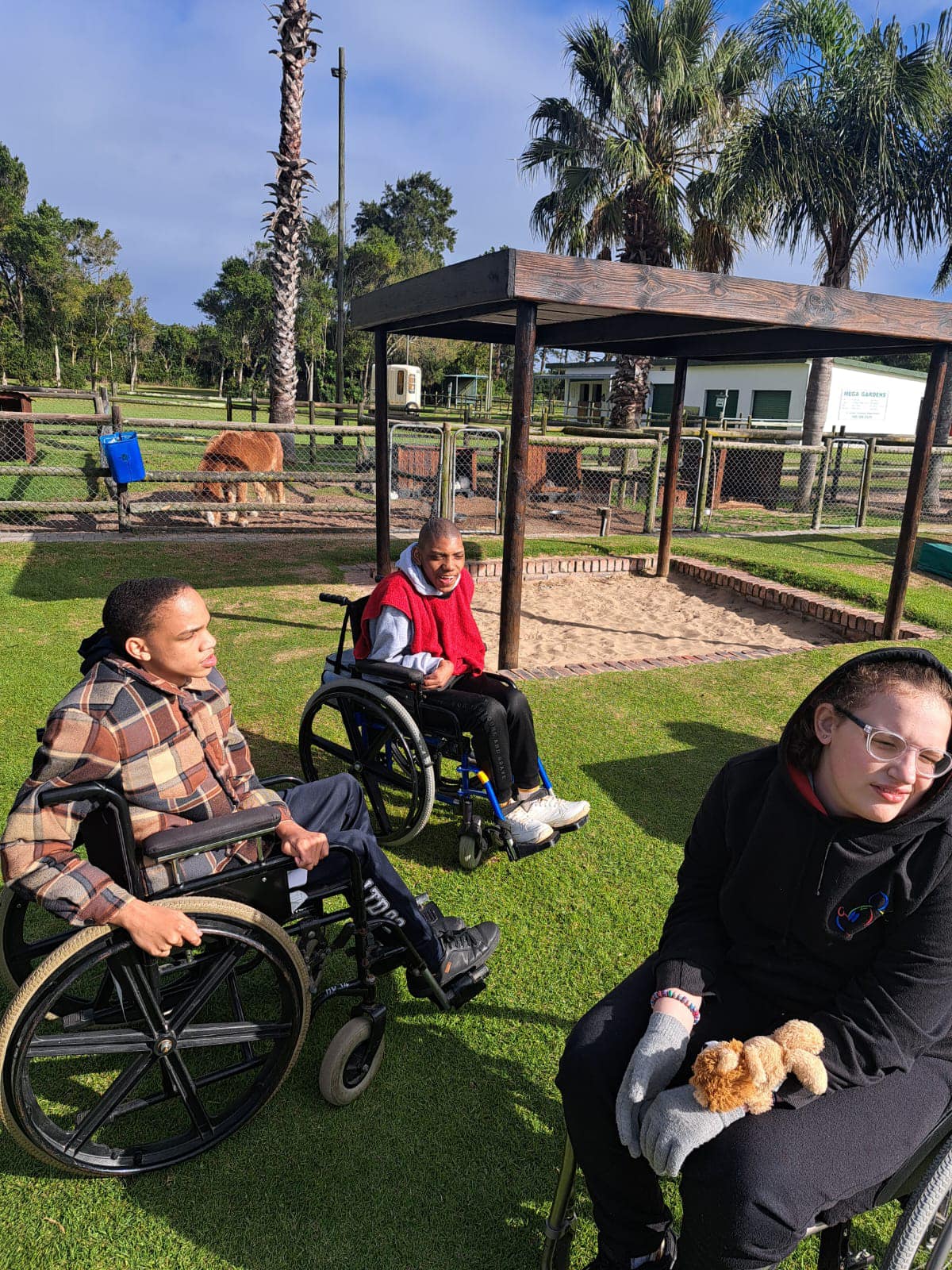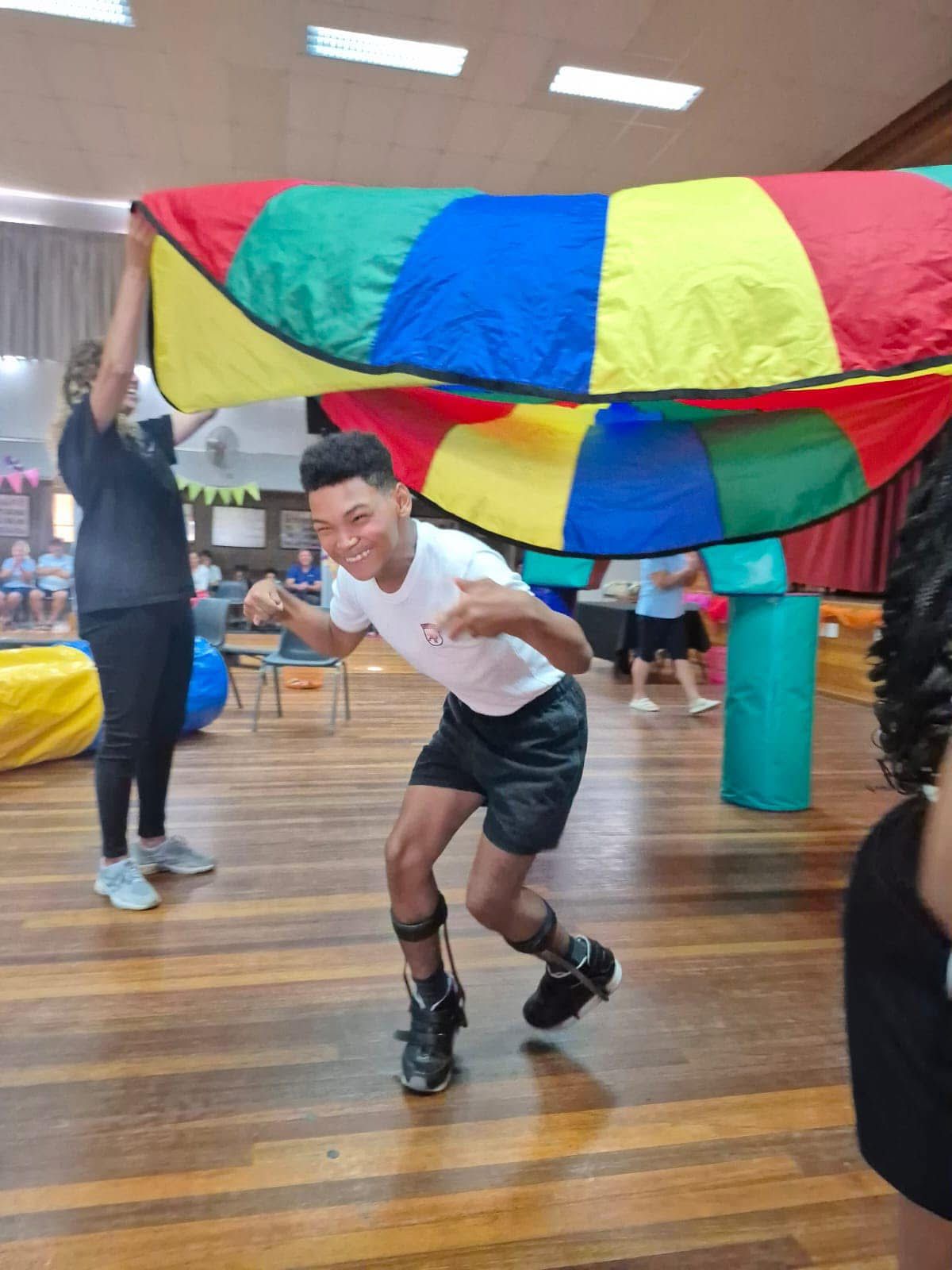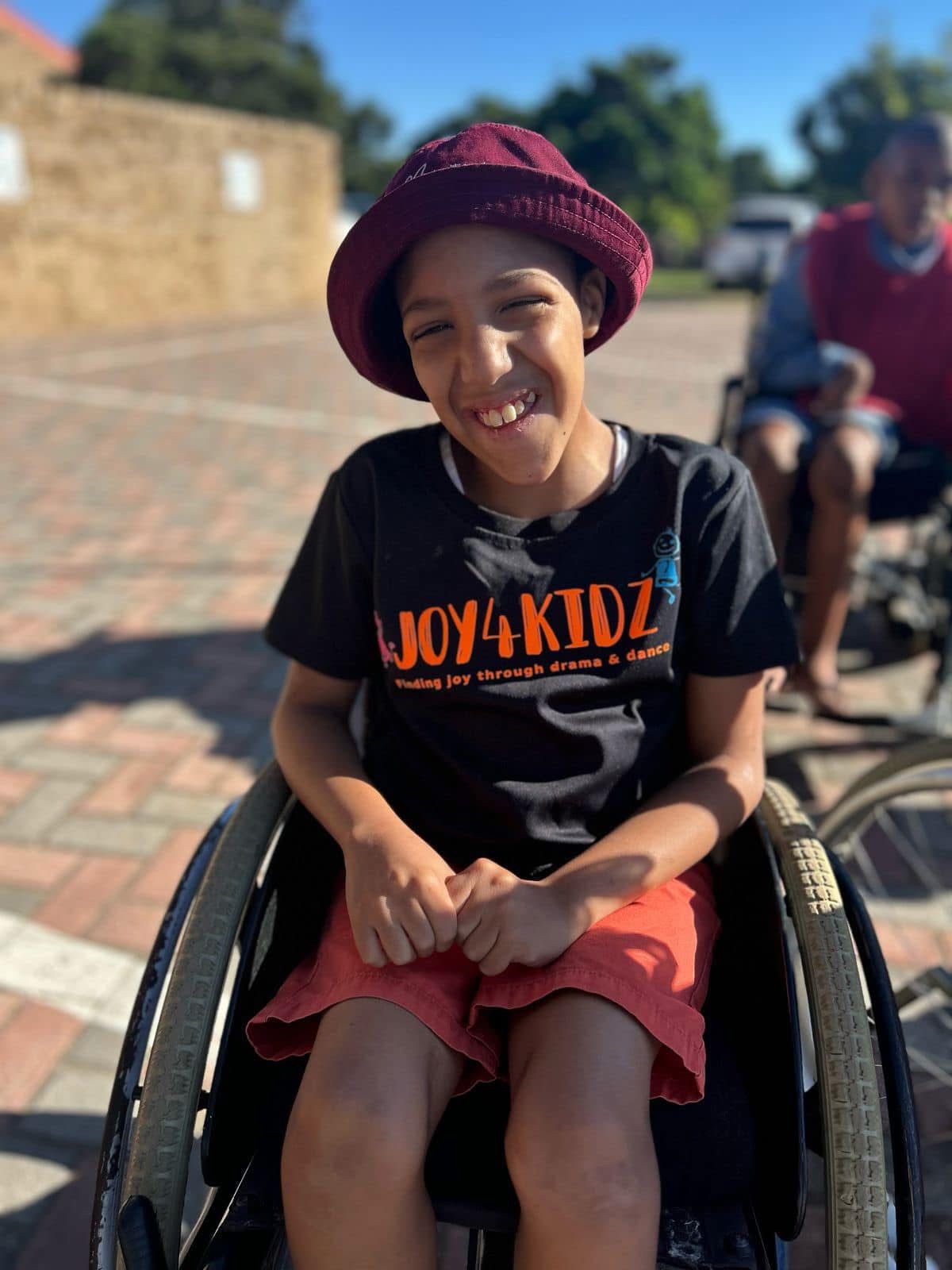🧩 Neural Phase Information
Welcome to the Neural Phase at our school!
This phase is specially designed to support learners with more complex learning and developmental needs. Using an adapted DCAPS curriculum, we focus on helping each child progress at their own pace through structured routines, practical learning and consistent support.
🎯 What is our aim?
The Neural Phase is focused on developing independence, social interaction, emotional awareness and essential life skills in a nurturing and supportive environment. Each learner follows an individualised support programme that reflects their needs and abilities, not a one-size-fits-all approach.
🧠 Key Focus Areas
Eat independently and manage basic personal care
Adapt to daily routines with increasing confidence
Recognise and manage their emotions
Socialise with classmates, take turns, share and show kindness
Focus on tasks for short periods, gradually building concentration
Our approach is gentle, encouraging and based entirely on the learner’s pace. We do not apply academic pressure and instead focus on holistic development that builds confidence, dignity and a sense of belonging.
A day in the Neural Phase

A Day in the Neural Phase
Most of the school day involves learning through play, hands-on experience and guided routines. Activities are carefully selected to build motor skills, communications and confidence. Your child will take part in:
• Sing-along songs that teach vocabulary, numbers and general knowledge
• Playdough, colouring and beading to improve fine motor skills for future writing.
• Gross motor activities to support balance, strength and coordination
• Story time, rhymes and songs to build language and listening skills
• Incidental reading of familiar signs and symbols, like hospitals, danger, or police signs
• Phonics, reading readiness, and basic maths, introduced gently as each child is ready
• Life skills like dressing and managing personal belongings
• Social etiquette, including sharing, waiting, showing respect and following class rules
• Therapy sessions such as hydrotherapy, cycling or individual support activities
• Computer use, adapted to learner ability
• Basic cooking skills, such as making simple snacks or helping in food preparation
We celebrate each learner's progress—no matter how small—and ensure that learning is joyful, respectful and meaningful.

🏠 Homework Approach
No formal homework is given in the Neural Phase. However, families are encouraged to reinforce skills at home where appropriate. This could include helping your child practise dressing or undressing, tying shoelaces, throwing or catching a ball, recognising colours, colouring between lines and counting.
These small but vital tasks help build independence and self-assurance. When your child is ready, teachers may request support basic reading activities or sound recognition, always in a calm, no-pressure manner suited to their individual progress.

🤝 Working Together
Thank you for your ongoing support in helping your child become as independent as possible. Practising small daily routines at home, showing patience and building on what is taught at school helps develop your child’s self-confidence and sense of achievement.
We ask that parents also continue to promote moral values, respect and discipline at home, as these are key to your child’s growth and a core part of our school curriculum. Learners are also expected to follow the school’s code of conduct to create a caring, structured environment for all.
If you have any questions or would like to talk about your child’s progress, please do not hesitate to contact the teacher or the school.
© 2026 All Rights Reserved.
